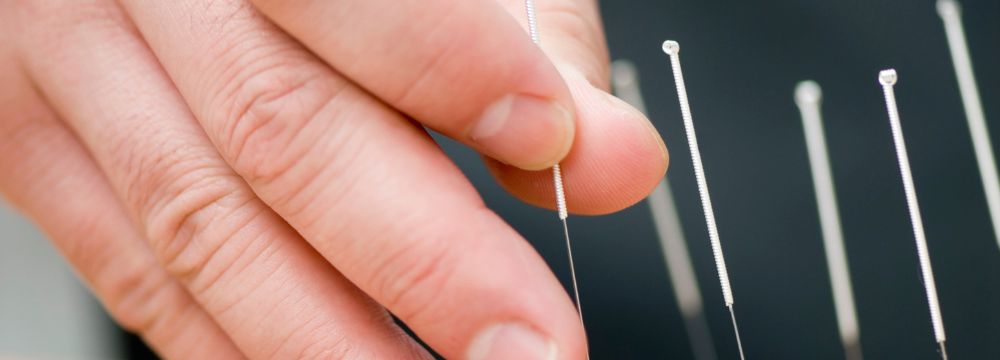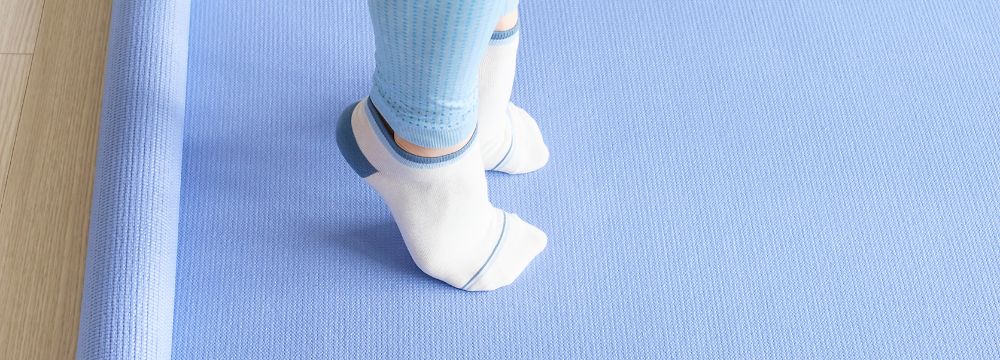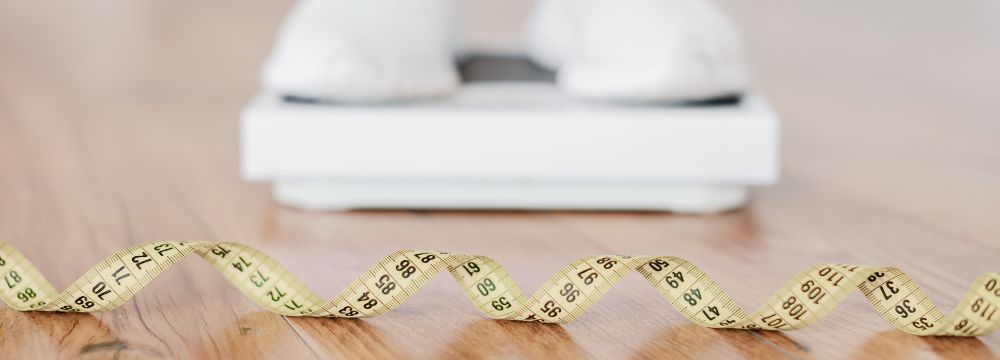
This article aims to give you a better idea of what to expect immediately after your bariatric surgery. This is not to say that preparations for surgery and the few weeks before surgery are not critical, nor is the longer-term bariatric recovery trivial. There are many important things to remember, the most vital of which is to listen to your surgeon’s instructions and any instructions provided by our clinical staff, including Jenny, our bariatrician. Similarly, postoperatively, we want to ensure you don’t have any vitamin deficiencies, so take your multivitamins and any other prescribed vitamins religiously. You also want to ensure you hydrate, which is crucial to losing weight and staying strong throughout the process.
However, there are many new sensations that you’ll feel in the first few weeks after bariatric surgery that should be discussed so that you don’t worry about the progression of your recovery and know precisely what to expect. So, let’s jump right in.
What to Expect in the First Two to Three Weeks After Your Surgical Procedure
I encourage all my patients to watch my video below as I explain the process.
Now, let’s get into it a little deeper.
After waking up from anesthesia, you will first feel discomfort between your shoulder blades and possibly your neck. This relates to the CO2 gas we pump into your abdomen to create space for surgery. While we remove all the gas – in other words, deflate your abdomen – before we finish the procedure, some irritation may still occur. You may experience more discomfort if we had to repair a hiatal hernia while we were in there. This can slightly intensify the discomfort. Rest assured that it is perfectly normal, and most of that discomfort will dissipate within three to five days. Of course, you should know there are ways to mitigate some of that pain and get over it sooner. One is to work with your nursing team at the hospital to ensure you are getting the appropriate medications. Don’t try to tough it out. If you are feeling discomfort, please tell them- they are there for your safety and comfort. There is nothing wrong with mitigating some of that discomfort as it does not affect your recovery, nor does it make you any less of a trooper.
Pain and Discomfort
This leads us to the incisions. You will have several tiny incisions in your abdomen where we inserted the small laparoscopic or robotic tools needed to perform the surgery. If you have had a gastric sleeve or a duodenal switch, you’ll have one larger incision on the right side of your abdomen. You may feel a tug from this incision, as it is larger than the others, and we use a larger, deeper, dissolvable suture. The pain you experience may be lower than the incision itself, and again, this is quite normal. Each incision will be uncomfortable, at least for a couple of days. The level of discomfort or pain is partly genetic. There is some truth to different people having different pain thresholds. But again, these are regular surgical pains and will dissipate each day after recovery.
Of course, if discomfort worsens or you see any problems at the incision sites, including purulent discharge, foul smell, or spreading redness, please get in touch with our office immediately.
I like to tell my patients that the incisions in the abdomen feel more like discomfort after a vigorous ab workout. For the next few days, it’ll feel like you did 100 or 200 crunches. Rarely do patients have significant pain. However, we prescribe pain medication if patients feel it a little more than expected. Icing the area for 10 to 15 minutes two to three times daily is perfectly OK. You can also alternate the ice with warmth, as that may help some patients.
No Lifting and Sudden Movements
You’ll also be asked to refrain from doing any heavy lifting. Your internal and external incisions are recovering, and heavy lifting can cause damage to those external incisions if the muscles move forcefully. That said, along with not lifting too much, we also caution our patients against making sudden movements. This often happens when a pet, usually a dog or young child at home, makes sudden movements or jumps on the patient, causing them to make a reactive and unavoidable move. While nothing will open up, this can cause discomfort, so try to relax as much as possible in the first couple of weeks. Your post-operative packet will tell you when to return to regular activity and when to start lifting, whether around the house or at the gym.
Slower Movements Into the Stomach
Finally, remember that your stomach pouch will be much smaller postoperatively than it was before. As such, food and drink will not go down the same way it once did. You’ll find that even with water, drinking too much will cause pain and discomfort in the upper stomach area. That’s right under your breastbone. Take small sips and take a moment to feel how the liquid goes down your esophagus. You’ll quickly learn how much is too much. Later, as you transition to the soft and then eventually modified full diet, you’ll have to keep track of how you feel so that you don’t overeat and cause yourself pain.
The Bottom Line
Expect several new sensations after a bariatric procedure, from gas pains to incisions; your body is recovering from several traumas that undoubtedly create discomfort. For some, the recovery will be far less painful than expected, while there will be a decent amount of discomfort for others. This is patient-dependent and purely related to their pain threshold. As mentioned above, however, if you are experiencing any discomfort, there is nothing wrong with getting your clinician to help you through it with appropriate medication. We want you to get out of this early phase as fast as possible, and that can be helped with proper exercise, so make sure you’re also walking daily. Push yourself only as far as is comfortable. Any pain from your exercise means you are overdoing it, so drop back a few days and try again.
Of course, your team here at Mass Jax is always available to answer any questions or confusion you may have after surgery, and we look forward to seeing your excellent results.









